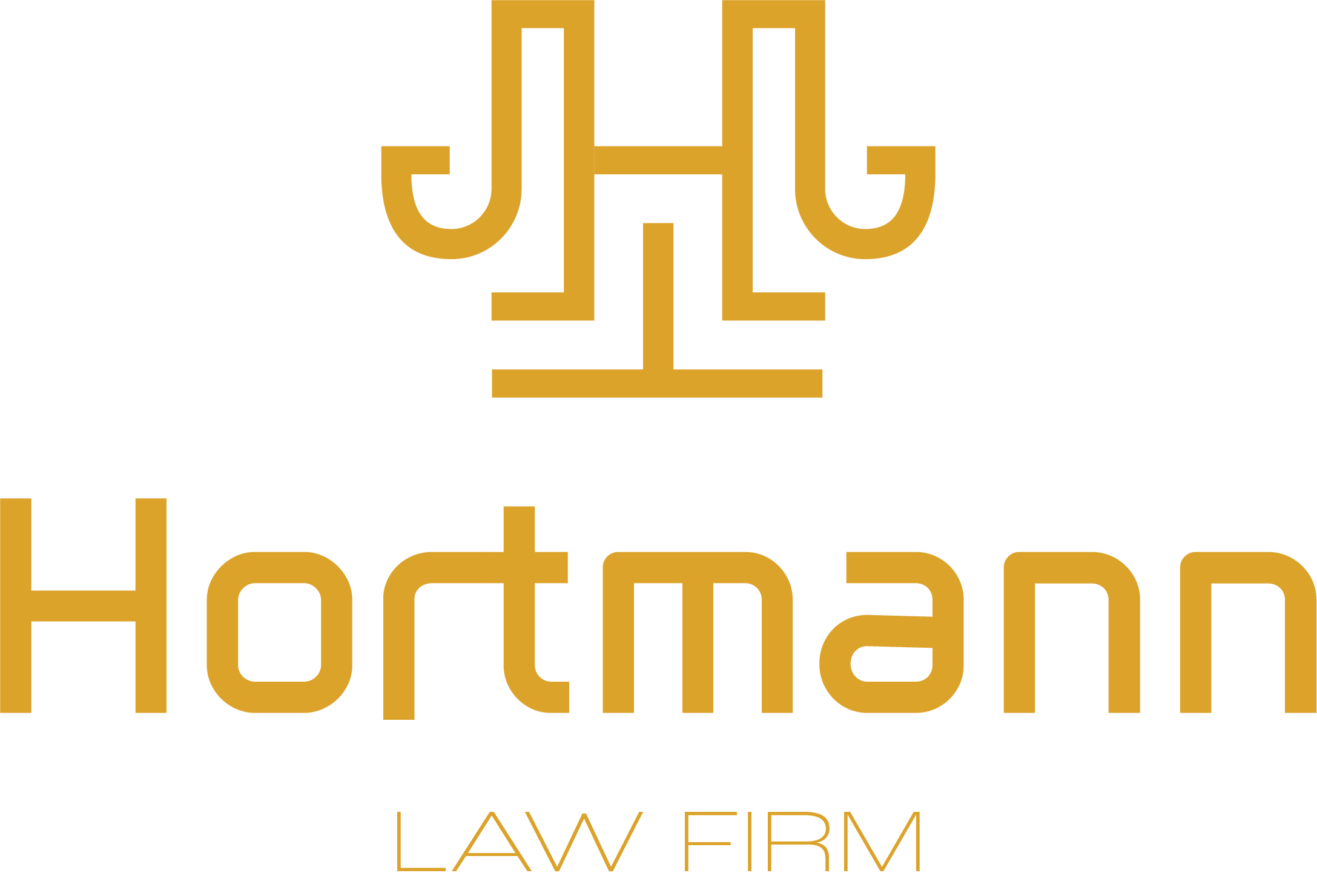
Starting a GmbH (limited liability company) in Germany as a foreign entrepreneur involves several key steps and requirements. This includes understanding the legal capacity of your company, registering it with the commercial register, fulfilling tax obligations such as corporate tax and trade tax, and meeting capital requirements. Foreign founders must also be aware of the requirements for managing directors and comply with EU regulations if applicable. This post provides a comprehensive guide to the essential legal, tax, and administrative considerations for foreign entrepreneurs looking to start a GmbH in Germany.
1. Legal Capacity and the Seat Theory: The Foundation for Company Formation
One of the first legal requirements when starting a company in Germany is its legal capacity. For foreign founders, it’s crucial to understand that a foreign capital company must be established under German law in order to be legally recognized in the country.
What is the Seat Theory?
The seat theory dictates that the legal capacity of a company is based on its actual seat of management. This means that the location of the company’s management and the real control of the business must be in Germany for the GmbH to be valid under German law.
Practical Impact for Foreign Founders
If you are relocating an existing company to Germany, you must ensure that the company exercises its management activities in Germany and that the administrative seat is transferred to the country. If this is not the case, the company may face challenges regarding its legal recognition.
It’s advisable to provide the register court with suitable evidence to prove the management seat in Germany. This can include documents such as business records or contracts that show the company’s operations in Germany.
2. Commercial Register Entry: A Prerequisite for Business Operations
Registering your company in the German commercial register is mandatory for starting a GmbH in Germany. This applies not only to GmbHs but also to branches of foreign companies that want to operate in Germany.
Which Companies Must Register?
All capital companies, including GmbHs and UGs (entrepreneurial companies), are required to be registered in the commercial register. The registration ensures the legal capacity of the company and its ability to conduct business in Germany. Foreign businesses wishing to establish a branch office in Germany must also register with the commercial register.
To complete the registration, founders and directors need to submit various documents, such as the company’s articles of association, the partnership agreement, proof of the share capital, and details of the directors. These documents must be provided to the register court for review and registration.
3. Tax Obligations: Unlimited Corporate Tax Liability in Germany
One of the most important requirements for foreign founders is understanding the tax obligations that arise when setting up a company in Germany. Foreign companies that have their management seat in Germany or maintain a branch officein Germany are subject to unlimited corporate tax liability. This means they are taxed on their worldwide income in Germany.
Unlimited Tax Liability
Unlimited tax liability applies to companies earning income worldwide. For foreign companies that maintain a branch office in Germany, this applies even if the company’s headquarters are located abroad. This is especially relevant for so-called mailbox companies that operate in Germany but are primarily based in another country.
It is essential for founders and companies to be aware of the tax registration process. Every GmbH must register with the local tax office and complete a tax registration questionnaire, which determines which taxes are applicable to the business.
Trade Tax and VAT
In addition to corporate tax, foreign companies are also liable for trade tax if they maintain a branch office in Germany. This tax varies depending on the municipality in which the company operates.
Furthermore, businesses are generally required to charge VAT (value-added tax) on the goods and services they provide and remit it to the tax office. However, certain exemptions may apply, such as for small businesses that fall below specific revenue thresholds.
4. Foreign Directors: Who Can Be a Managing Director?
In Germany, foreigners can become managing directors of a GmbH without restrictions. There are no specific requirements regarding the nationality, residence, or language proficiency of the director. This means foreign founders can directly manage the company in Germany.
Foreigners as Managing Directors
It is important to note that a residence permit is not mandatory for a foreign managing director. However, the director must ensure that they are able to actually carry out their duties. This means that even if the director does not have a permanent residence in Germany, they must be able to work in Germany and make decisions for the company.
In practice, this usually means that foreign directors need to travel regularly to Germany or appoint a permanent representative in Germany.
5. Capital Requirements and Articles of Association: What Founders Need to Know
For the establishment of a GmbH in Germany, a minimum share capital of €25,000 is required. This capital must be paid in at least 50% before the GmbH can be registered in the commercial register.
Articles of Association
The articles of association are another critical document when forming a GmbH. They not only define the business purpose, the distribution of shares, and the representation rules but also establish the company’s governancestructure. The articles of association must be notarized before submission to the commercial register.
It is crucial that the articles of association contain all necessary provisions to avoid later legal disputes. Founders should ensure that the articles clearly define the governance structure, share allocation, and profit distribution.
6. Freedom of Establishment and EU Law: Benefits for European Founders
For founders from the EU, the freedom of establishment within the European Union provides an additional advantage. EU companies are allowed to operate in Germany if they meet the requirements of German law, which makes it easier for European Union-based companies to set up a GmbH in Germany.
For Non-EU Founders
Founders from non-EU countries, however, need to comply with specific visa and residency requirements to start a business in Germany. However, it is still possible for non-EU founders to set up a GmbH if they meet the necessary legal requirements.
7. Reporting and Documentation Requirements
Foreign founders must adhere to reporting obligations under the Foreign Trade Regulation and the German Fiscal Code. This includes reporting cross-border tax arrangements and transactions to the tax authorities.
Additionally, companies must ensure that they comply with accounting obligations and submit their tax returnsproperly. This includes corporate tax, VAT, and trade tax returns.
Conclusion: Starting a GmbH in Germany as a Foreign Founder
Starting a GmbH in Germany as a foreign founder offers many advantages, but it also requires careful attention to a variety of legal, tax, and administrative requirements. Key aspects include ensuring the legal capacity of the company, registering with the commercial register, fulfilling tax obligations, and meeting the requirements for directors and share capital.
By understanding and fulfilling these requirements, foreign founders can successfully establish their business in Germany and tap into the many opportunities this dynamic market offers.
If you have any questions or would like to discuss your options further, feel free to reach out to me at mhortmann@hortmannlaw.com or give me a call at +49160 9955 5525. I’m happy to assist you
Gesellschaftsformen und Gründung von KI-Start-ups: Ein Leitfaden für Gründer

